Soundcloud track of the week (no. 32)
No embedded player? Try here.
Being stuck in a tent on a rainy Christmas eve near Hokitika on the West Coast of NZ, I found myself reading an essay by journalist Russell Brown about the country's recent cultural history. This passage stood out:
"Modern NZ culture pivots on a few years in the early 1980s. First, the unquestioned primacy of rugby football as a source of social cohesion (which rivalled the country's commitment to the two world wars as a foundation of nation-building) was stripped away when tens of thousands of New Zealanders took to the streets to protest a tour by the South African rugby side in 1981. They held that the politics of apartheid not only had a place in sport, they trumped it.
The country was starkly divided; there were riots in Paradise. The mark is still strong enough that most New Zealanders over 30 will recognise the simple phrase 'The Tour' or even just '1981' as referring to those events.
The tour protests both harnessed and nourished a political and cultural renaissance among the country's native people, the Maori, which had already been rolling for a decade. Three years later, that renaissance found its mark, when a reforming Labour government gave statutory teeth to the Waitangi Tribunal, an agency that has since guided a process of land return, compensation for past wrongs and interpretation of the Treaty of Waitangi — the 160-year old compact between Maoris and the Crown — as a living document."
That suddenly reminded me of this song which I recorded with Matua, an amazingly soulful Maori reggae musician I met over here seven years ago. I never fully understood the context of his lyrics about the riots in 1981, but now I do. He explained that some Zimbabwean tourists had heard him busking and asked him to write a song about Robert Mugabe, so he did.
Very sadly, Matua died of a heart attack a few years later. He left a real impression on me, having left behind a life of violent crime in the Wellington ghettos, fully embraced the Rastafarian ideals of peace and love, and become a community-minded family man. I feel lucky to have played with him quite a few times on that trip. Here's a regional newspaper piece about Matua following his untimely death.
This was recorded at Alan's house (the "Green Ark" music room therein) in late 2006. More of this can be found here and here.
















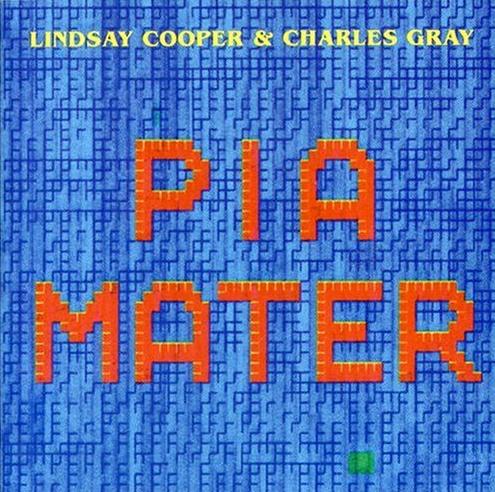
































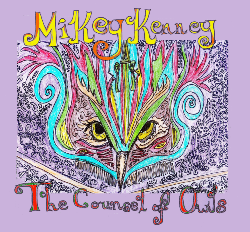



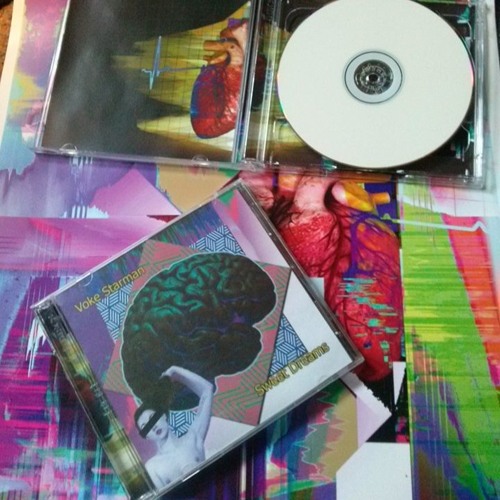



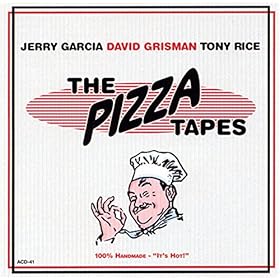

























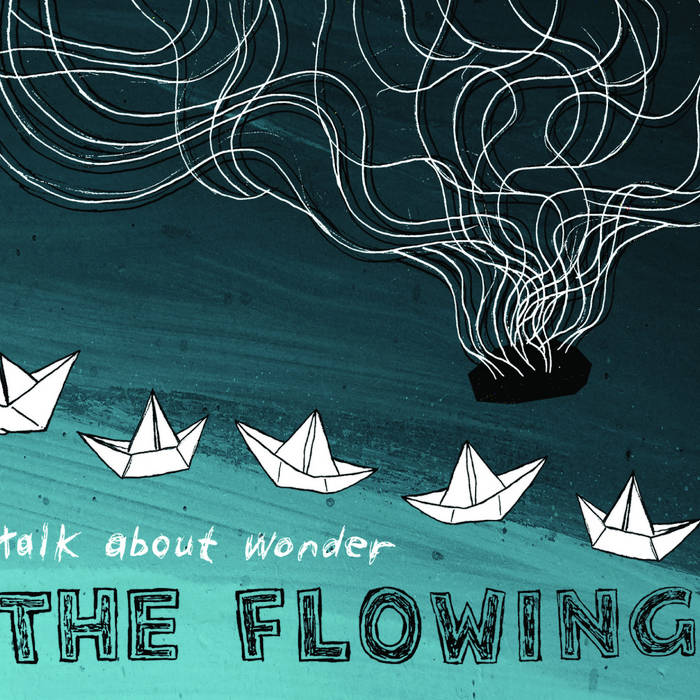












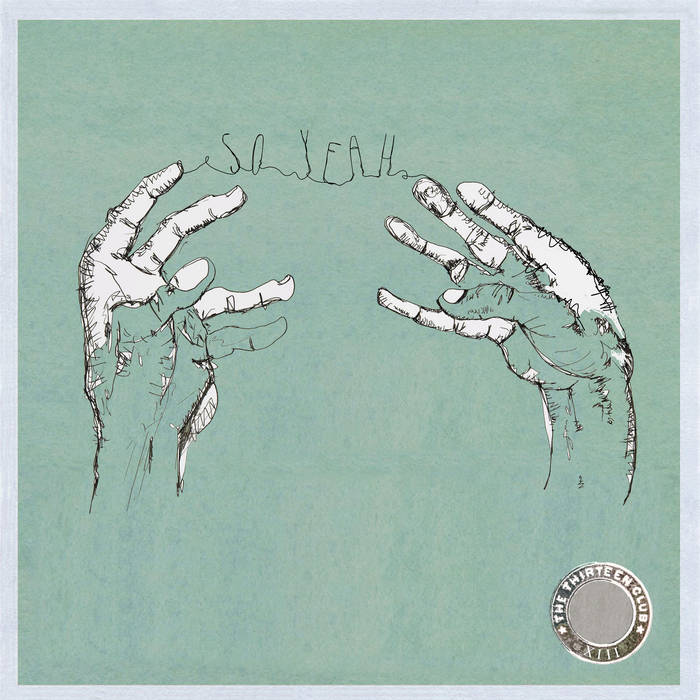







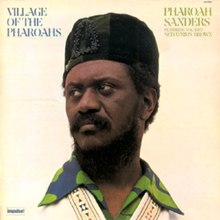











































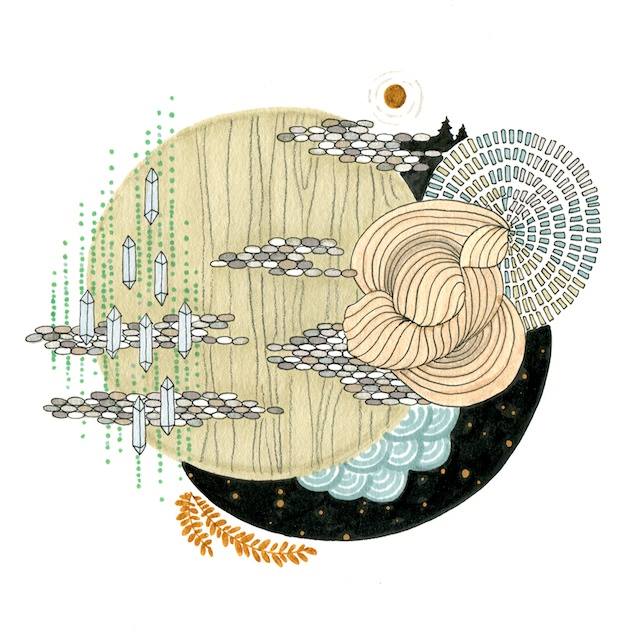





































































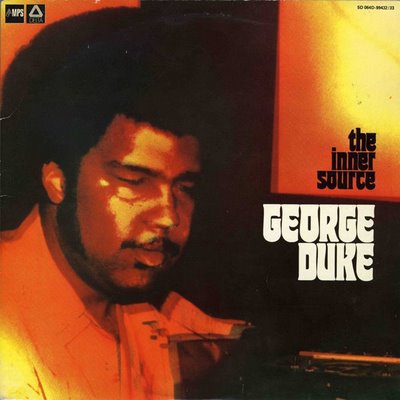












































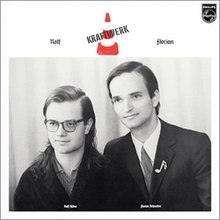


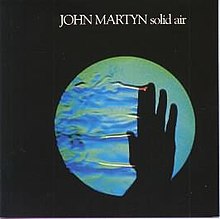



















































































































































































































































































































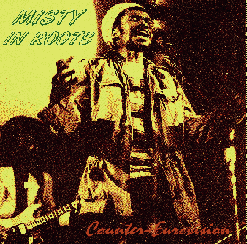





















































































































































































































































































































0 Comments:
Post a Comment
<< Home